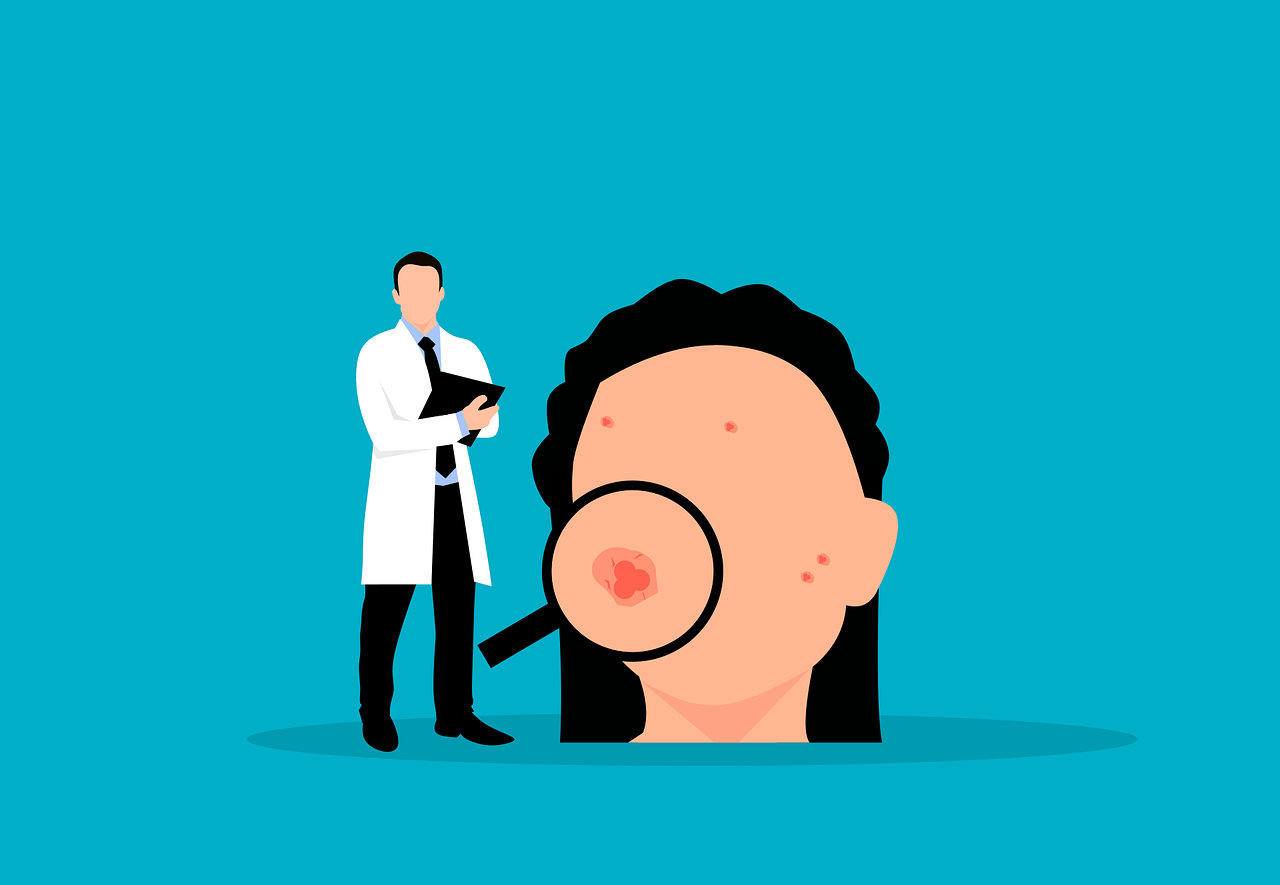
Psoriasis is a skin disease.
Psoriasis is the name given to a disease that affects the skin . It is, therefore, a dermatosis (the type of disorder characterized by rashes, boils and spots on the skin).
The word that concerns us now has its etymological origin in Greek. And it is made up of three components of said language:
- The term psora , which can be translated as "scabies" .
- The suffix -ia , which is equivalent to "quality" .
- The suffix -sis , which is used to indicate "action" .
Origin of psoriasis
The origin of this pathology is when T lymphocytes, which are responsible for protecting the body from all types of infections and bacteria, carry out improper activity that results in the skin being damaged with swelling and other consequences. adverse effects that psoriasis brings.
There are various causes that can cause psoriasis to break out. Metabolism disorders, an infection , scratches and stress are some of the reasons that can lead to the development of psoriasis or an increase in its severity.
Your symptoms
Psoriasis is usually chronic and involves inflammation of the skin , causing different types of injuries that can evolve in different ways. The appearance of these marks can occur in various areas of the body, although the most common are the arms, legs, back, belly and the back of the neck.
However, it also has other symptoms such as joint pain, changes in the nails and even injuries to the genitals in men.
Various studies indicate that psoriasis affects up to three percent of people worldwide. The disease appears in both men and women and in most cases it breaks out between fifteen and thirty-five years of age . It is important to note that it is not a contagious disease and has no link to skin cancer . In many cases, psoriasis is inherited.

The application of creams is a common treatment for psoriasis.
Classification and treatment of psoriasis
According to its characteristics, psoriasis is classified in different ways. One can speak, therefore, of pustular psoriasis , guttate psoriasis , vulgar psoriasis , etc. A doctor can diagnose the disease through a clinical examination and can even perform a biopsy if necessary.
Psoriasis can be treated in a variety of ways, including with drugs and light therapy . Etopian treatment, which is undertaken by applying creams and ointments directly to the skin, is usually the most common to deal with this dermatological pathology. These products help not only soften the skin but also reduce inflammation and unclog affected pores.
Likewise, we must not forget the so-called combined treatment or combined therapy which, as its name indicates, is carried out by mixing techniques or care. Specifically, it is developed through the joint action of phototherapy and the use of medications or certain injections.
The doctor will probably recommend that the patient not cover the wounds, bathe in the ocean whenever possible, expose himself to the sun's rays (although not at midday and in the early afternoon), drink a good amount of water and use moisturizing lotions.
